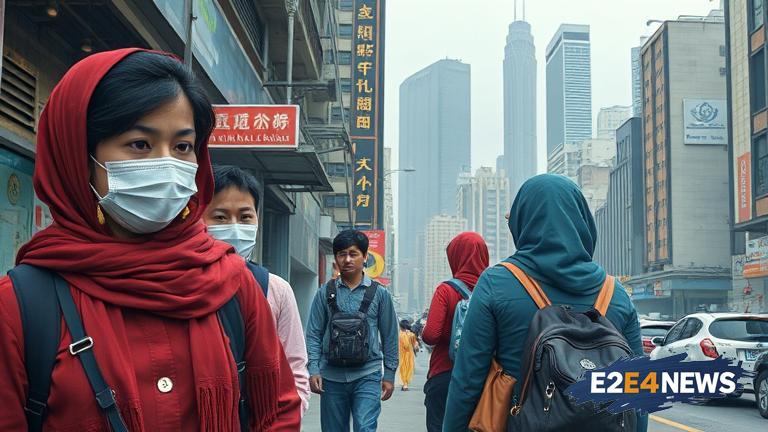A recent report has shed light on the alarming trend of Nepali women being sent to Hong Kong on fake Indian IDs, sparking concerns over human trafficking. The victims, mostly from rural areas, are lured by false promises of employment and a better life. They are then provided with fake Indian IDs and passports, which are used to obtain visas for Hong Kong. Once in Hong Kong, the women are forced into labor or sex work, with their passports and IDs confiscated by their traffickers. The traffickers, often in collusion with corrupt officials, exploit the women’s desperation and lack of awareness about the risks involved. The use of fake Indian IDs has made it difficult for authorities to track the victims and bring the perpetrators to justice. The Nepali government has been criticized for its lack of effort in addressing the issue, despite repeated warnings from human rights groups. The victims’ families are often left in the dark, with no information about their loved ones’ whereabouts or well-being. The issue has also raised concerns about the vulnerability of Nepali women to human trafficking, with many being forced to flee their homes due to poverty, lack of education, and limited job opportunities. The Hong Kong government has been urged to take action against the traffickers and provide support to the victims. The Indian government has also been asked to investigate the issuance of fake IDs and take measures to prevent such incidents in the future. The incident has highlighted the need for greater cooperation between governments to combat human trafficking. The victims’ stories are a testament to the brutal reality of human trafficking, with many being subjected to physical and emotional abuse. The lack of awareness and education about human trafficking has made it difficult for the victims to seek help or report their cases. The incident has also raised questions about the role of social media and online platforms in facilitating human trafficking. The use of social media has made it easier for traffickers to lure victims and advertise their services. The Nepali government has been urged to launch awareness campaigns to educate people about the risks of human trafficking and the importance of verifying the authenticity of job offers. The incident has also highlighted the need for stronger laws and regulations to combat human trafficking. The victims’ families are demanding justice and compensation for their loved ones, who have been subjected to unimaginable suffering. The incident has sparked widespread outrage and condemnation, with many calling for immediate action to be taken against the traffickers. The Nepali government has been urged to take responsibility for the safety and well-being of its citizens, particularly women and children, who are most vulnerable to human trafficking. The incident has also raised concerns about the impact of human trafficking on the victims’ mental and physical health, with many suffering from trauma and stress. The need for counseling and support services for the victims has been emphasized, to help them recover from their ordeal. The incident has highlighted the importance of international cooperation in combating human trafficking, with many countries being affected by this global issue.





